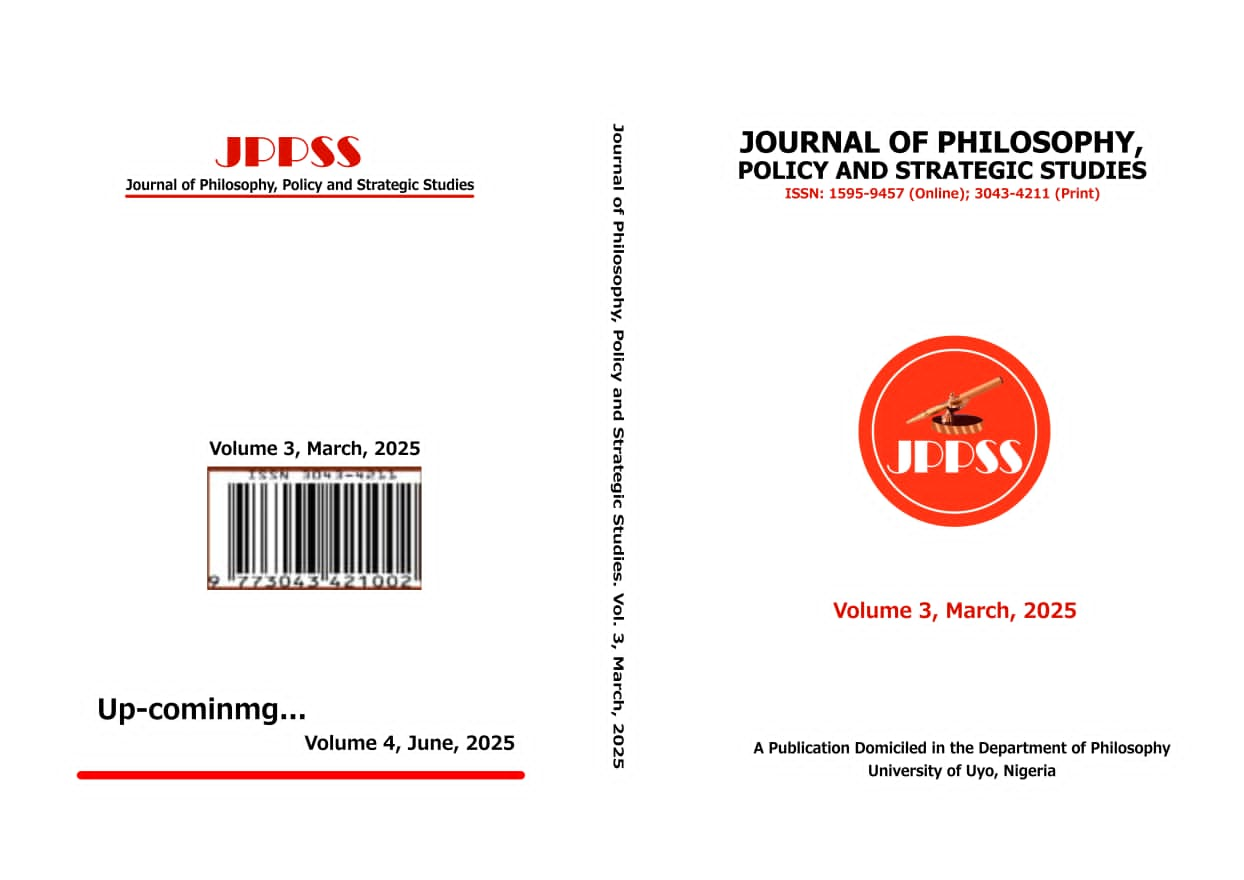SACRED EARTH: RELIGIOUS PERSPECTIVES ON ENVIRONMENTAL CONSERVATION AND CLIMATE ACTION
By
Cyprian Obiora Alokwu
Department of Religion and Human Relations
Nnamdi Azikiwe University, Awka, Nigeria
James Nnamdi Nweke
Department of Philosophy
Nnamdi Azikiwe University, Awka, Nigeria
&
Albert Ulutorti Green
Department of Special Education
St. Paul’s Theological college, Awka, Nigeria
Abstract
The relationship between religion and environmental conservation has become more prominent as faith communities recognize their moral need to practice ecological stewardship. Human views toward nature have historically been influenced by religious teachings, which have impact on conservation, climate action, and sustainability. This study investigates how religious traditions use institutions, values, and beliefs to promote environmental awareness. Different but complimentary viewpoints on environmental ethics are offered by Christianity, Islam, Hinduism, Buddhism, and Indigenous spirituality, which place an emphasis on stewardship, interconnection, and the sanctity of creation. Using case studies of faith-based environmental projects, interviews with religious leaders, and content analysis of religious texts, this study takes a qualitative approach. The process comprised semi-structured interviews with religious leaders and environmentalists, a review of faith-based sustainability initiatives, and an analysis of sacred texts. According to research, faith-based groups are essential to environmental advocacy efforts that combat pollution, deforestation, and climate change. Interfaith cooperation encourages group efforts to promote environmental justice. But when religious convictions clash with industrial and economic advancement, tensions result, creating moral conundrums. Misconceptions regarding the compatibility of faith and science and resistance within religious communities continue to be obstacles. This study emphasizes how religious organizations have the power to influence environmental laws and incorporate spiritual principles into conservation initiatives. Talking with legislators, religious leaders, and environmentalists can promote a more comprehensive approach to sustainability. The findings underline the importance of religion communities actively participating in environmental discourse, ensuring spiritual and ethical principles support the global fight against climate change.


